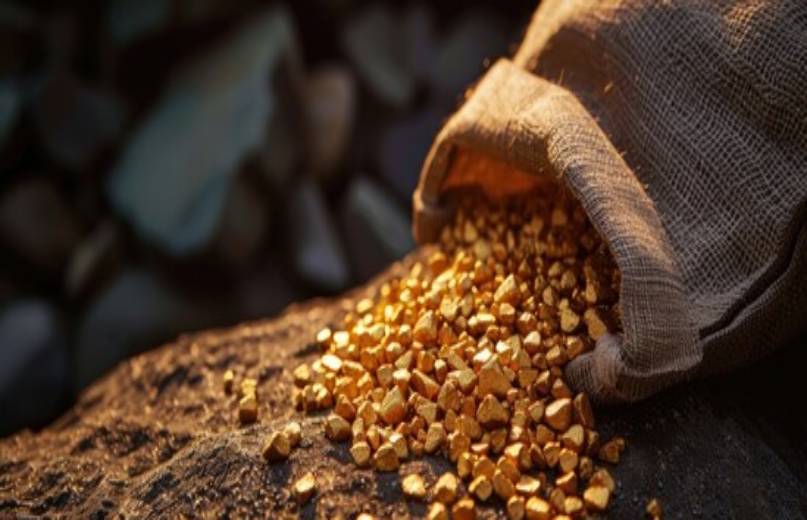
Uganda Government moves to end Exportation of unprocessed minerals
Uganda is rich in critical mineral resources that could help the country transition to a green economy. These include abundant deposits of gold, uranium, limestone, marble, graphite, iron, copper, and cobalt, among others. In the 1950s and 1960s, these resources made up 35% of Uganda’s export earnings, but their contribution has since dropped to below 3%.
In 2021, Uganda’s mining sector contributed 2.3% to the GDP, with factors like the export of unprocessed minerals, artisanal mining, foreign and official influence, illegal mining, and smuggling contributing to its decline.
To promote local industries and create employment, President Museveni banned the export of unprocessed iron ore and other minerals in 2015. However, this did not lead to a significant recovery in the mining sector, partly due to a weak legislative framework.
To address these challenges, Parliament passed the Mining and Minerals Bill 2021 on February 17, 2022, aiming to stimulate growth and development in the sector.
The Mining and Minerals Act of 2022 in Uganda aims to add value to minerals and stop the export of unprocessed minerals. Irene Batebe, the Permanent Secretary for the Ministry of Energy and Mineral Development, highlighted the benefits of value addition, including job creation and in-country capacity development. The ministry is supporting companies moving into value addition, with a new tin processing facility by Wood Cross set to launch in Mbarara, focusing on tin refining and future expansion into rare earth elements and copper. Additionally, a new statutory instrument signed last December sets higher purity levels for tin exports.
Under a new directive, Uganda has halted the exportation of unprocessed minerals, including tin. The minimum purity level for tin exports has been raised to 99.85% from the previous 67%-70%, and the change is expected to transform the tin mining and processing industry in Uganda. Tin is primarily mined in western Ugandan areas and is used in solder, plating, and various alloys. Stakeholders are urged to add value to the country’s mineral resources instead of exporting them raw.
The country is entering new areas and aims to develop its mining and industrial capabilities. The government intends to support private sector initiatives to achieve value addition in mineral processing. This new policy is expected to create jobs and boost mineral export revenues.
Batebe said Uganda has made significant progress in training mineral experts, geoscientists, and economists to estimate and report the country’s mineral and energy resources, similar to petroleum. The collaboration with the Africa Mineral Development Centre will help develop the expertise needed to classify mineral resources. The Energy Ministry is finalizing an exploration program to quantify Uganda’s mineral resources, focusing on accurately reporting the quantities of minerals such as copper, gold, iron ore, tin, and others in the country.


Hi, this is a comment.
To get started with moderating, editing, and deleting comments, please visit the Comments screen in the dashboard.
Commenter avatars come from Gravatar.